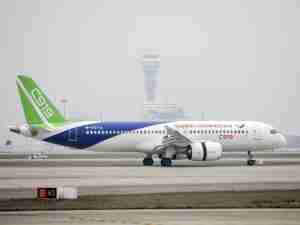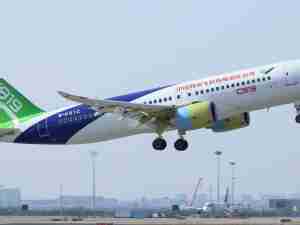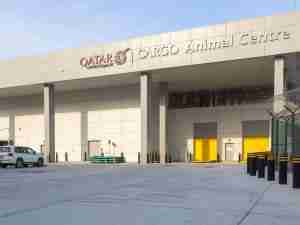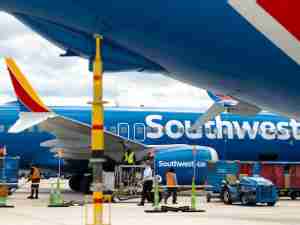United Keeping `Painful’ Discounts to Fend Off Low-Fare Airlines
By: | Sep 06 2017 at 02:44 PM | Air Cargo
United Continental Holdings Inc. vowed to keep discounting fares amid an expanding price war that contributed to a projected $400 million blow to third-quarter sales.
The third-largest U.S. carrier will continue fighting low-cost carriers with cheap tickets at major hubs despite the short-term pain, Chief Financial Officer Andrew Levy told investors Wednesday. The clash is adding to pressure from the impact of Hurricane Harvey, weak pricing on trans-Pacific flights and a rocky start for new no-frills fares, which are all weighing on revenue.
“We don’t like where the fare structures are right now. And we don’t like the effect it has on short-term earnings,” Levy said at a Cowen & Co. conference in Boston. “It is painful, difficult, but we’re going to see it through.”
While good news for travelers, the multiple financial blows prompted United to chop its third-quarter forecast for revenue from each seat flown a mile, a benchmark gauge of airline pricing power. The measure is now expected to fall 3 percent to 5 percent, the carrier said. The company previously said it would fall no more than 1 percent and could even rise as much as 1 percent. United also raised its estimate for fuel prices.
The shares fell 2.4 percent to $59.65 at 1:27 p.m. in New York after dropping as much as 5.5 percent for its biggest intraday slide since July 19. The slide was the biggest on a Standard & Poor’s index of five U.S. airlines, which in aggregate was little changed.
‘Competitive Pricing’
United wasn’t the only carrier lowering its outlook for the quarter. Southwest Airlines Co. said revenue for each seat flown a mile, or unit revenue, will be down 1 percent to “slightly up.” The previous forecast called for a gain of 1 percent. Chief Financial Officer Tammy Romo said the change was largely due to the “current competitive pricing environment.”
Harvey will reduce third-quarter revenue by $40 million to $60 million, Romo said, citing Southwest’s initial estimates.
American Airlines Group Inc. didn’t update its guidance for third-quarter unit revenue or capacity, saying it would stick with an earlier plan to do so next week. A new and powerful hurricane, Irma is likely to hit Florida, where American has a major hub in Miami.
“We’re on track with our guidance, but obviously there’s a lot of uncertainty facing us in September with Irma,” said Don Casey, American’s senior vice president of revenue management.
United Hurdles
At United, Harvey sparked the “largest operational impact in the company’s history,” Levy said, with more than 7,400 flights canceled over four days. The storm, which forced the shutdown of the airline’s hub in Houston, was the single-biggest cause of the forecast reduction in unit revenue.
“We had to just walk away from a large amount of revenue during what is an important part of the year for us,” Levy said.
But the storm isn’t United’s only hurdle. Investors are likely to look askance at the airline’s “self-inflicted” wounds, such as its fight with heavy discounters and a problematic roll-out of new no-frills tickets, said Deutsche Bank AG analyst Michael Linenberg. United runs the risk of struggling to reach its goal of adding $1 billion in profits with the “basic economy” fares by 2020 as it contends with ultra-low-cost carriers, said Stephens Inc. analyst Jack Atkins.
“The company’s decision to aggressively match fares from ULCCs is concerning to us,” Atkins said in a research note. The “new basic economy product was designed to provide a competitive product without having to dilute the remainder of the cabin.”
While some customers chose to buy pricier seats after seeing the no-frills fares, that extra revenue was offset by customers shifting to competitors, Levy said. The company is scaling back the program to focus on fewer markets across the U.S. and reducing its availability to only the bottom five classes in United’s fare structure.
The carrier is continuing to match some cheap fares in its hub markets to push back against Spirit Airlines Inc. and other low-cost rivals. Spirit told investors at the Cowen conference that discounting by competitors has spread around its U.S. network and now affects about half its revenue base.











